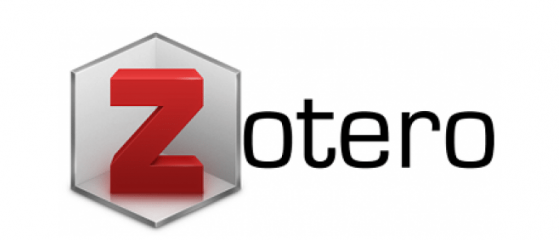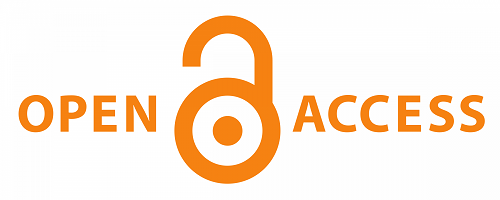Peningkatan Kemampuan Berpikir Kritis pada Mata Pelajaran IPA Materi Sistem Pernapasan Manusia Menggunakan Model Pembelajaran Problem Based Learning Siswa Kelas V SD Negeri 2 Margerejo
DOI:
https://doi.org/10.70294/juperan.v3i01.319Kata Kunci:
Critical thinking, learning outcomes, problem based learning model, scienceAbstrak
The problem in this research is whether there is an increase in students' critical thinking skills in science subjects regarding the human respiratory system using the problem based learning (PBL) learning model for class V at SD Negeri 2 Margorejo for the 2022/2023 academic year. The problem that often arises in science learning is students' low critical thinking skills which have an impact on student learning outcomes. When students do not have critical thinking skills, it is very difficult for students to solve problems or problems in science learning. The aim of this research is to determine the increase in students' critical thinking skills in science subjects regarding the human respiratory system using the Problem Based Learning (PBL) learning model for class V at SD Negeri 2 Margorejo for the 2022/2023 academic year. The method used in this research is classroom action research which was carried out over 2 cycles. Data collection techniques in this research are through observation, tests, interviews and documentation. The results of classroom action research which was carried out for 2 cycles at SDN 2 Margerejo showed an increase in students' critical thinking abilities in learning using the Problem Based Learning learning model. Based on the student worksheet scores, it is known that of the 17 students who worked on the LKS in cycle II, there were 9 students (52%) with very good information, 5 students (29%) with high information, 3 students (18%) with medium information. Meanwhile, seen from the observation data on students' critical thinking skills in cycle II, there were 9 (52%) students for very critical criteria, 5 (29%) students for critical criteria, 9 (18%) students for moderately critical criteria and no students for the less critical and uncritical categories.
Unduhan
Referensi
Al-Tabary, T.I. (2017). Mendesain model pembelajaran inovatif, progresif, dan kontekstual. Jakarta: Kencana.
Arikunto, S. (2010). Penelitian Tindakan Kelas. Yogyakarta: Aditya Media Arikunto, S. (2018). Dasar-dasar Evaluasi Pendidikan. Jakarta: PT Bumi Aksara. Azwar, S. (2009). Reliabilitas dan Validitas. Yogyakarta: Pustaka Pelajar.
Bundu, P. (2006). Penilaian Keterampilan Proses dan Sikap Ilmiah Dalam Pembelajaran Sains-SD. Jakarta: Departemen Pendidikan Nasional Direktpriat Jenderal Pendidikan Tinggi Direktoriat.
Deswani. (2009). Proses Keperawatan dan Berpikir Kritis. Jakarta: Salemba Medika
Ferdinand, F & Ariebowo M. (2009). Praktis Belajar Biologi. Jakarta: PT Grafindo Media Pratama.
Fisher, A. (2008). Berpikir kritis. Jakarta: Erlangga.
Herlanti, Lestari, & Donny. (2007). Ilmu Pengetahuan Alam Kelas V Sekolah Dasar. Bogor: Yudhistira.
Irwandi & Suparti. (2019). Peningkatan berpikir kritis siswa melalui problem based learning (PBL) pada mata pelajaran IPA-Biologi di SMPN 11 Bengkulu. Bengkulu: Universitas Muhammadiyah.
Jihad, A & Haris, A. (2012). Evaluasi Pembelajaran. Yogyakarta: Multi Pressindo.
Kadir, A. (2012). Dasar-dasar Pendidikan. Jakarta: Prenadamedia Group.
Kusumah, W. (2010). Mengenal Penelitian Tindakan Kelas. Jakarta: PT.
Masidjo, I. (1995). Penilaian Hasil Belajar Siswa di Sekolah. Yogyakarta: Kanisius.
Munib, A. (2004). Pengantar Ilmu Pendidikan. Semarang: UPT UNNES
Purwanto. (2009). Evaluasi Hasil Belajar. Yogyakarta: Pustaka Belajar. Rosdiana.










